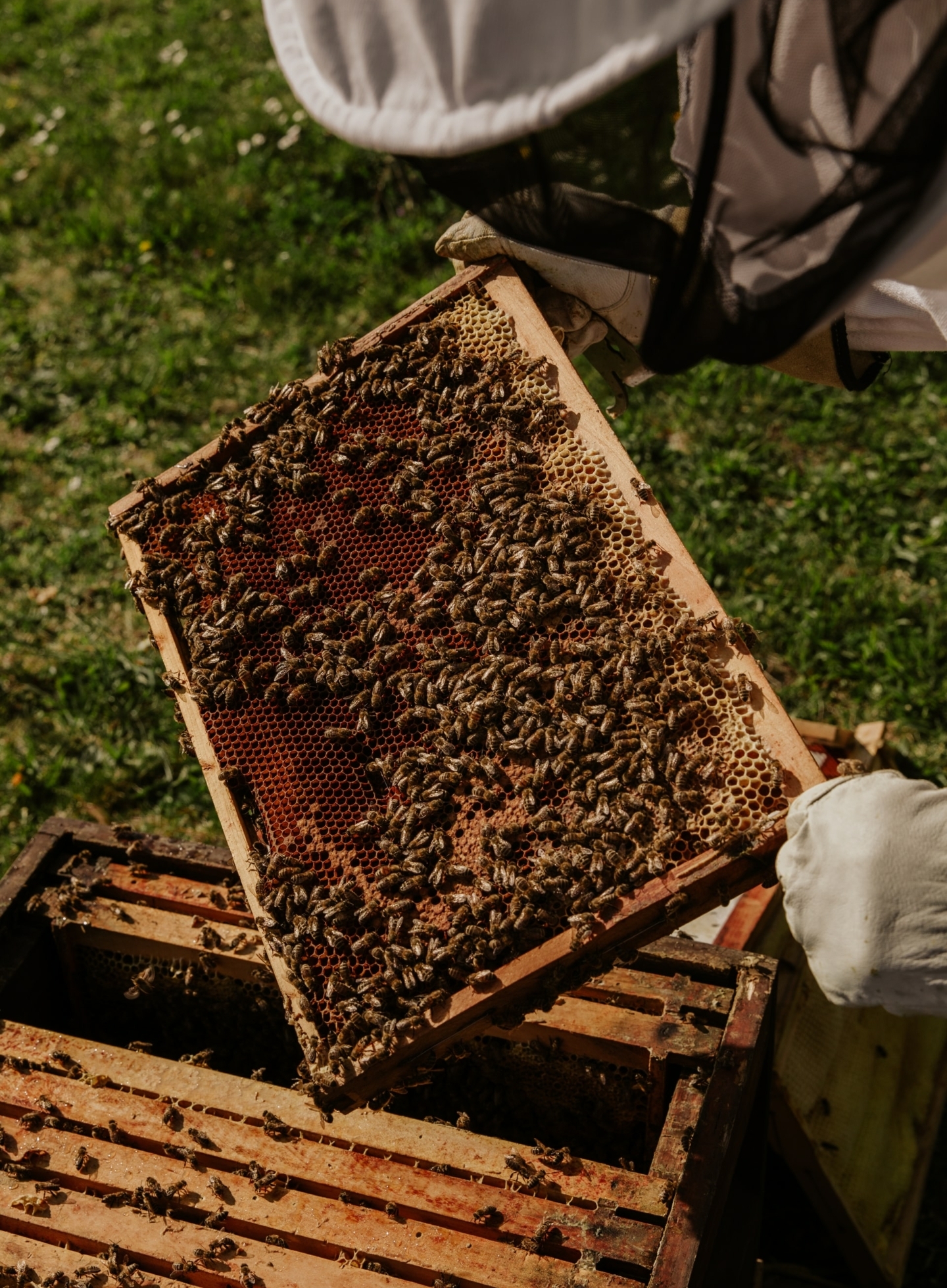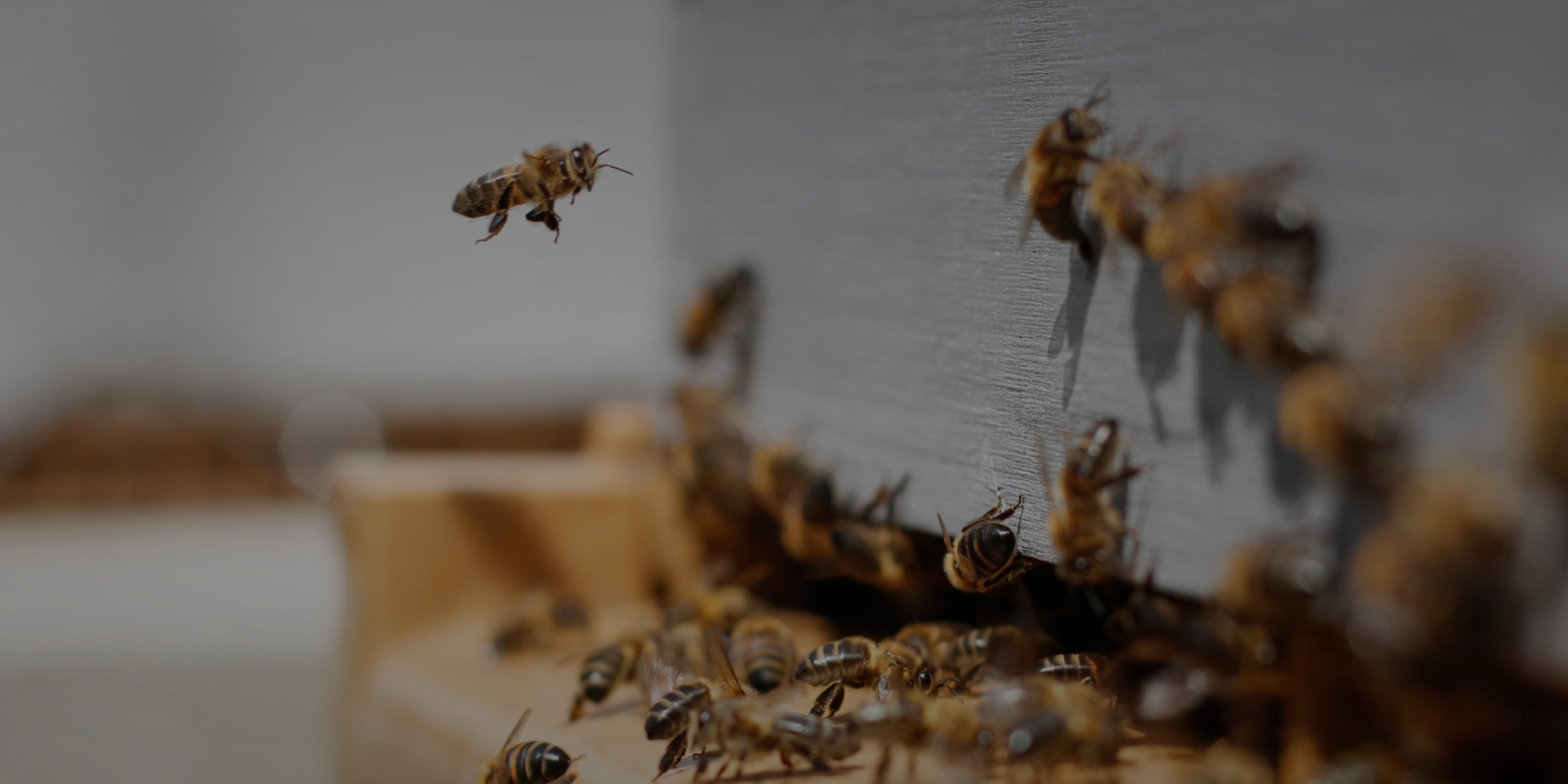
Who We Are
About the Coalition
The Honey Bee Health Coalition brings together beekeepers, growers, researchers, government agencies, agribusinesses, conservation groups, manufacturers, and consumer brands to improve the health of honey bees.
Our Mission
Our mission is to collaboratively implement solutions that will help to achieve a healthy population of honey bees and other pollinators in the context of productive agricultural systems and thriving ecosystems.
Importance of Honey Bees
Honey bees support billions of dollars in U.S. and Canadian agriculture through pollination services. But today, a major decline in honey bee health has put agriculture, healthy lifestyles, and worldwide food security at risk.
U.S. overwintering losses for managed honey bees from 2007 to 2011 ranged from approximately 28-33%, compared to a historical rate of 10-15%.*
This decline in bee health has been linked to a variety of factors, including those influenced by the activities associated with both beekeeping and crop production.
*Source: Survey data generated by USDA
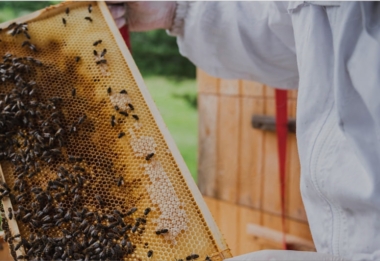
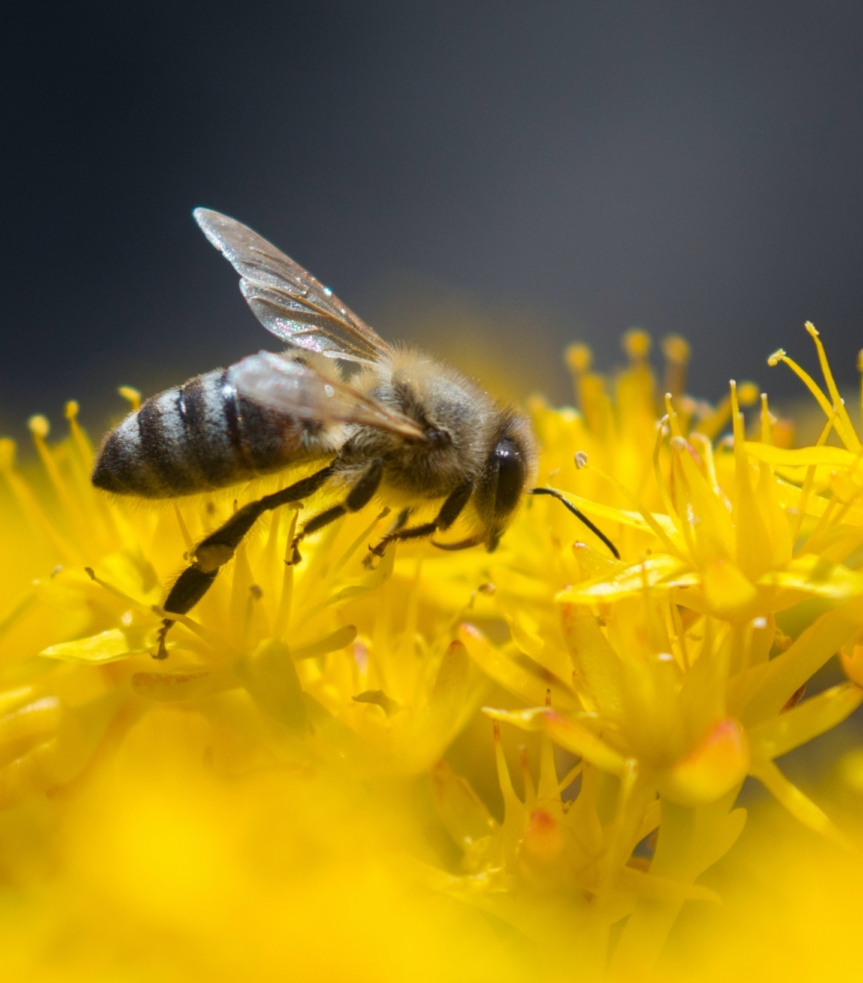
How Honey Bee Health Decline Affects You
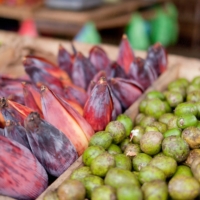

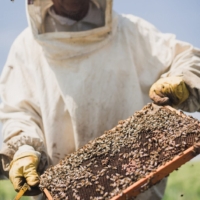
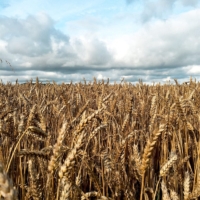

Honey Bee Stress Factors
Hive Management
Habitat and Nutrition
Crop Pest Control
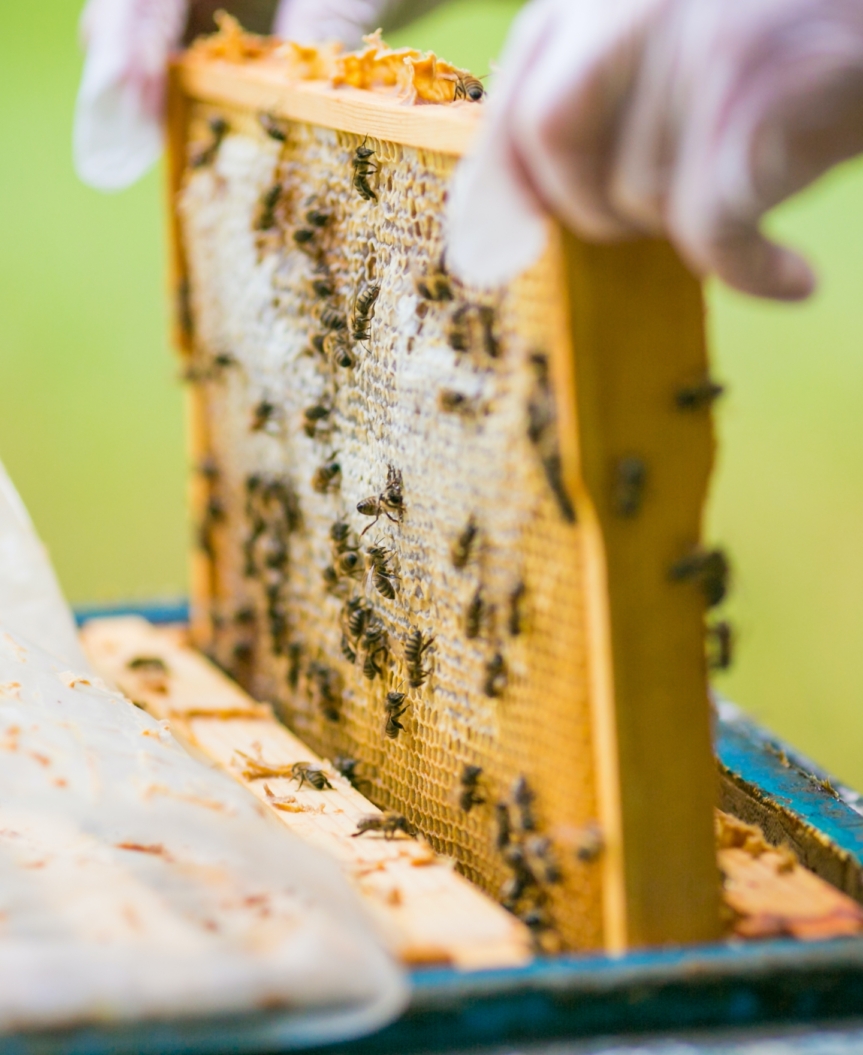
What guides our work?
Focus on Agriculture
Emphasis on Stewardship
Holistic Approach
Collaboration
Healthy Ecosystems
Leadership
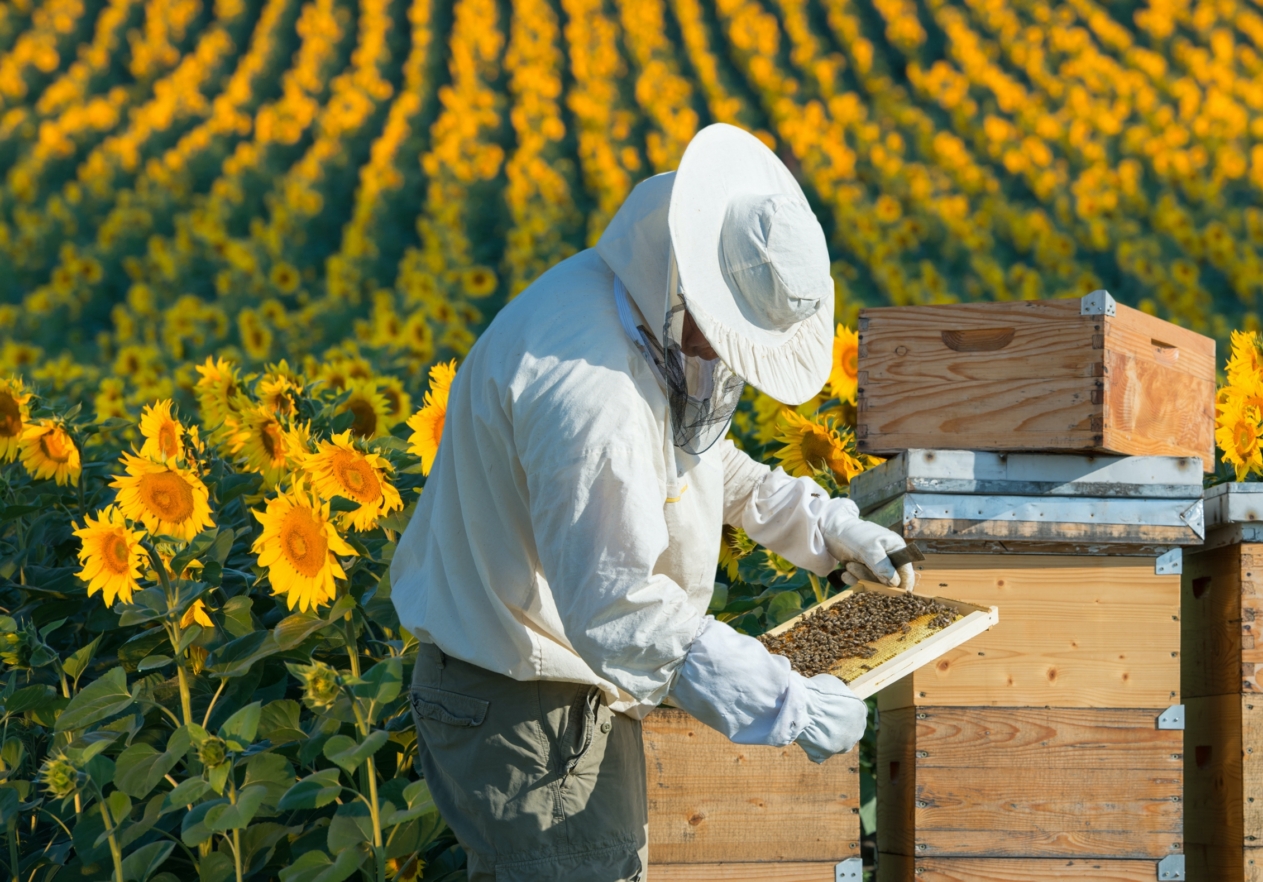
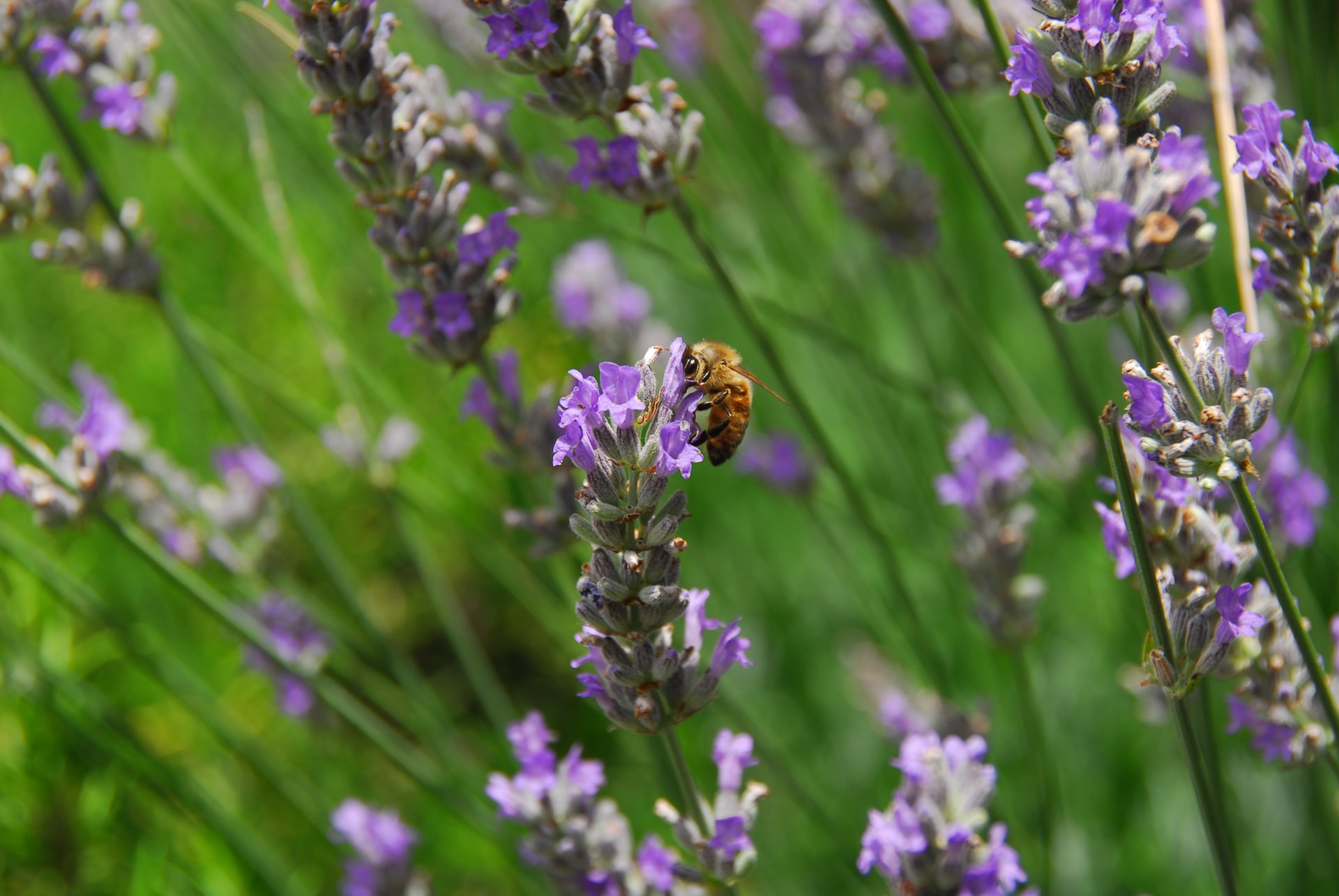
Coalition members
Coalition members are working together toward collaborative solutions for honey bee health.
- All
- a
- b
- c
- d
- e
- f
- g
- h
- i
- j
- k
- l
- m
- n
- o
- p
- q
- r
- s
- t
- u
- v
- w
- x
- y
- z
- Ag Retailers Association
- Alberta Beekeepers Commission
- American Beekeeping Federation
- American Honey Producers Association
- American Seed Trade Association
- Apiary Inspectors of America
- BASF
- Bayer CropScience
- Bee and Butterfly Habitat Fund
- Bee Culture Magazine
- Browning Honey Co.
- Canadian Association of Professional Apiculturists
- Canadian Honey Council
- Canola Council of Canada
- Conservation Technology Information Center
- Corteva Agriscience
- Eastern Apicultural Society
- Eastern Missouri Beekeepers Association
- FieldWatch
- Florida Fruit & Vegetable Association
- Foundation for the Preservation of Honey Bees
- Heartland Apicultural Society
- Hive Tracks
- Michigan State University Extension
- Mitsui Chemicals Agro
- National Association of State Departments of Agriculture
- National Association of Wheat Growers
- National Corn Growers Association
- National Honey Board
- National Pesticide Safety Education Center
- Pheasants Forever and Quail Forever
- Project Apis m.
- Propolis Projects/ Levin Family Foundation
- Saint Louis Zoo WildCare Institute Center for Native Pollinator Conservation (CNPC)
- Syngenta
- U.S. Apple Association
- United Soybean Board
- University of Maryland
- US Canola Association
- Veto-pharma
- Western Apicultural Society
Ex Officio Members
- U.S. Environmental Protection Agency
- USDA – Office of the Chief Scientist
- USDA – Agricultural Research Service
- USGS, Northern Prairie Wildlife Research Center
- Canada Bee Health Roundtable
Coalition Funding & Governance
Coalition members work collaboratively and through consensus to identify priorities and implement activities. Many Coalition members also financially support the Coalition’s efforts. Importantly, financial support does not influence an organization’s role in the Coalition or impact its decision-making processes. Every member organization has an equal voice in the Coalition’s consensus-based decision-making process.
The Coalition’s activities are guided by its charter and are facilitated by the Keystone Policy Center, a nationally recognized nonprofit.
Founded in 1975, Keystone maintains an unwavering commitment to independence and not advocating for any single position, but rather providing all participants a way to work together to address shared goals and reach mutually agreeable solutions. Click here to learn more about Keystone.
For more information on Coalition governance, decision-making and membership, please contact mmulica@keystone.org.
